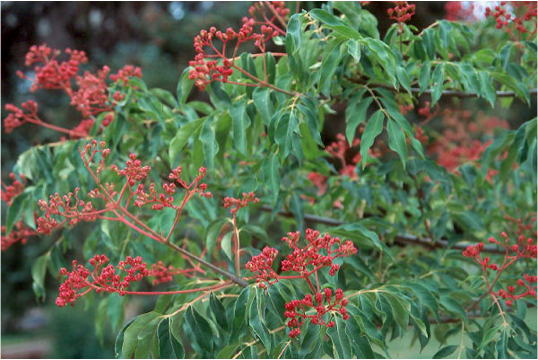
Contact: Sylvan Kaufman | Sylvan.Kaufman@gmail.com ANNAPOLIS, MD (July 01, 2016) – One way to prevent new plant invasions is to be on the lookout for species that seem to be spreading into natural areas a little too aggressively. Which plants will be the next tree of heaven, running bamboo, or kudzu? Marylanders are on the lookout […]








